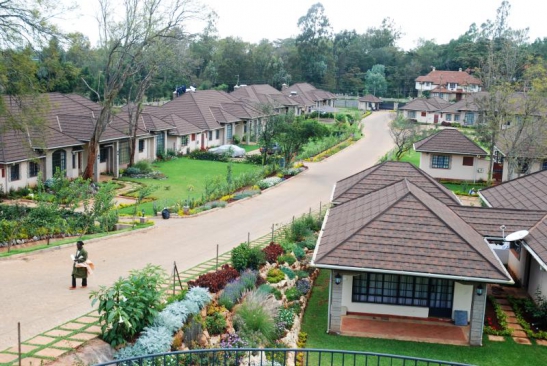×
The Standard e-Paper
Kenya’s Boldest Voice

Real estate developers are often asked why they should spend money to enhance common services when they would be clear of the development before such matters come to a head. Should they not just make their money and walk away?
While the answer might seem obvious, there are complex challenges that developers must deal with.